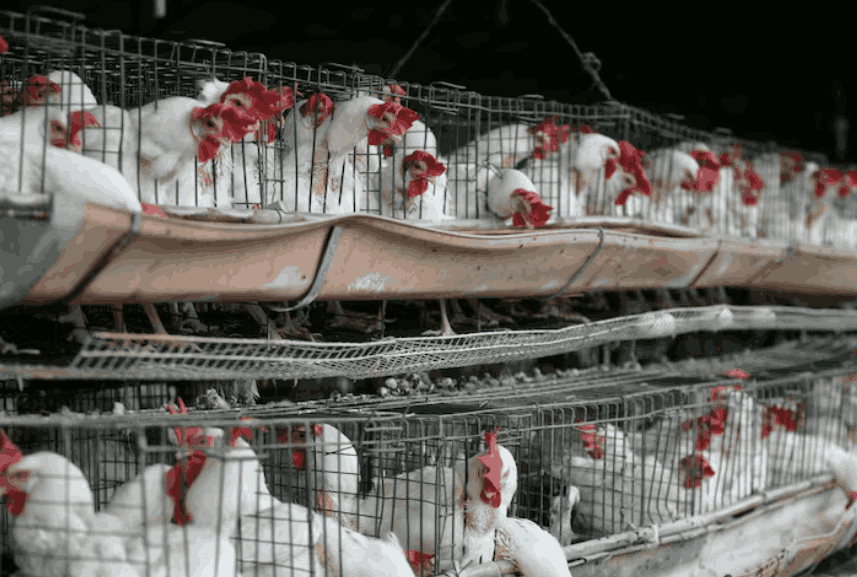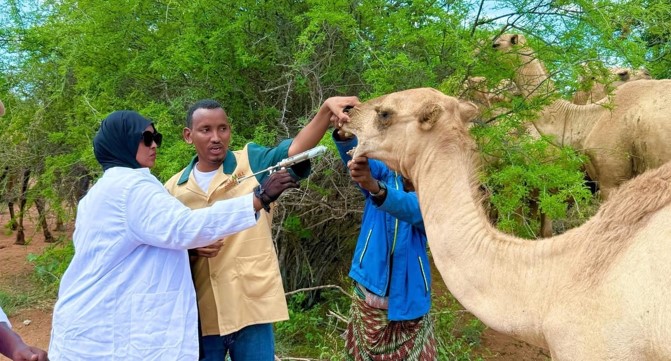Liberia reports H5N1 bird flu on poultry farm, WOAH says

The outbreak, detected in February on a farm in the Bong county, killed 18 birds out of a flock of 26,000, the Paris-based WOAH said, quoting information from Liberian authorities.
Liberia has reported an outbreak of highly pathogenic H5N1 avian influenza on a poultry farm, the World Organisation for Animal Health said on Friday.
The disease, commonly called bird flu, has spread around the globe in the past years, leading to the culling of hundreds of millions of poultry.
More To Read
The outbreak, detected in February on a farm in the Bong county, killed 18 birds out of a flock of 26,000, the Paris-based WOAH said, quoting information from Liberian authorities.
Some 25,800 poultry in the Western African flock were vaccinated, the report also said, without specifying when vaccination occurred.
Bird flu, also known as avian influenza, is caused by viruses that primarily infect birds. However, certain strains—like H5N1, H7N9, and H5N6—have occasionally infected humans.
How do humans get bird flu?
Direct contact with infected birds (alive or dead)
Touching surfaces contaminated with the virus (like bird droppings or cages)
Inhaling droplets from infected birds
Handling or eating undercooked poultry or eggs (rare, but a potential risk)
Can it spread from human to human?
It rarely spreads between humans. When it does, the spread is usually limited and not sustained.
Symptoms in humans:
Fever, cough, sore throat
Muscle aches
Breathing difficulties
In severe cases: pneumonia, organ failure, and even death
How to stay safe:
Avoid contact with wild or sick poultry.
Cook poultry and eggs thoroughly.
Wash hands often, especially after handling birds or visiting live animal markets.
Follow public health advisories, especially during outbreaks.
Top Stories Today










































